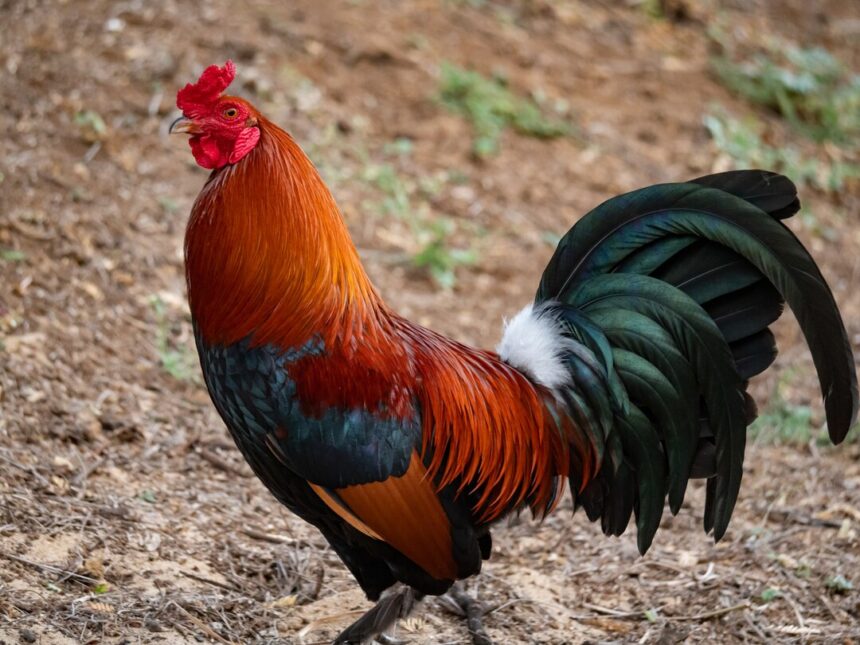Breeding game cocks, also known as fighting cocks, is a practice deeply rooted in tradition and culture in South Africa. While the activity may stir controversy due to its association with cockfighting, it remains a significant aspect of rural life and sports in various communities. If you’re considering breeding game cocks or simply intrigued by this aspect of poultry husbandry, here are ten essential things you should know about the process in South Africa:
1. History and Tradition: Breeding game cocks has a long history in South Africa, dating back to the early days of settlement. The practice often holds cultural significance, with some communities viewing cockfighting as a traditional sport and a way to preserve heritage breeds.
2. Legal Considerations: While cockfighting itself is illegal in South Africa under the Animal Protection Act, breeding game cocks for other purposes, such as exhibition or traditional practices, is permitted. It’s essential to familiarize yourself with relevant laws and regulations governing the breeding and keeping of game cocks in your area.
3. Selecting Breeding Stock: Successful breeding begins with selecting quality breeding stock. Look for birds with desirable traits such as strength, agility, and aggression. Additionally, consider the bird’s lineage and breeding history to ensure genetic diversity and health.
4. Housing and Facilities: Game cocks require suitable housing and facilities to thrive. Provide spacious and well-ventilated coops or pens with adequate protection from predators. Proper sanitation and hygiene practices are crucial to prevent the spread of diseases.
5. Nutrition and Diet: A balanced and nutritious diet is essential for breeding game cocks. Feed them a high-protein diet supplemented with grains, greens, and vitamins to support their growth, muscle development, and overall health.
6. Breeding Methods: Breeding game cocks typically involves natural mating between selected pairs. However, artificial insemination techniques may also be employed to enhance breeding outcomes and genetic diversity.
7. Breeding Season: Game cocks are typically bred during the warmer months, coinciding with their natural breeding season. However, breeding can occur year-round with proper management and environmental control.
8. Incubation and Hatching: After mating, eggs are collected and incubated in specialized equipment or natural brooding systems. Monitor temperature and humidity levels carefully during incubation to ensure successful hatching.
9. Chick Rearing: Newly hatched chicks require attentive care and nurturing. Provide them with a warm and clean environment, appropriate feed, and access to fresh water. Monitor their growth and development closely to detect any health issues early on.
10. Training and Conditioning: As the chicks mature, training and conditioning become essential to prepare them for potential competition or exhibition. Gradually introduce them to exercises, handling, and socialization to develop their physical prowess and competitive spirit.
Breeding game cocks in South Africa is a complex and multifaceted endeavor that requires careful consideration of legal, ethical, and practical aspects. Whether pursued as a traditional practice, hobby, or sport, responsible breeding practices are paramount to ensure the welfare of the birds and uphold ethical standards. By adhering to legal regulations, selecting quality breeding stock, providing proper care and nutrition, and engaging in ethical breeding practices, enthusiasts can contribute to the preservation and promotion of heritage breeds while fostering a deeper appreciation for South Africa’s rich cultural heritage.
Join 'Farmers Mag' WhatsApp Channel
Get the latest Farming news and tips delivered straight to your WhatsApp
CLICK HERE TO JOIN






